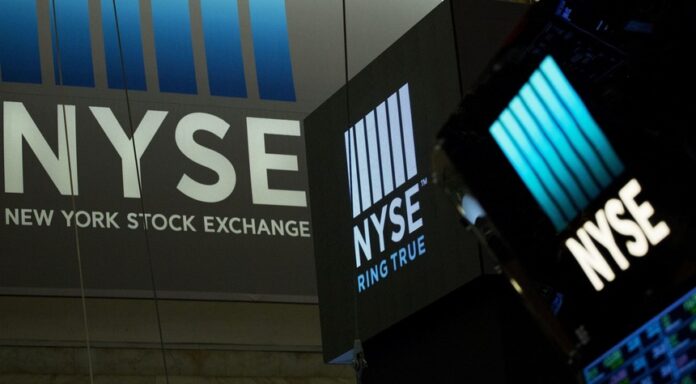It’s good news for those looking for work and employers looking for employees.
Today’s jobs report from the Bureau of Labor Statistics showed better-than-expected job creation for the month of February. Nonfarm payrolls far surpassed expectations, rising by 311,000 in February. The Dow Jones estimate prior to Friday’s numbers was around 225,000.
On the flip side of that, the unemployment rate ticked up to 3.6 percent, above the estimated 3.4 percent, as the labor force participation rate increased, bringing more workers into the workforce.
Wages went up, as well, rising 4.6 percent over last year. It was estimated to be at 4.8 percent, and falling below that estimate is good news on the inflation front, according to CNBC.
BREAKING: The U.S. added 311,000 jobs in February, more than expected. https://t.co/kluQV85ZKO pic.twitter.com/AWSiqoVkv5
— CNBC (@CNBC) March 10, 2023
More from CNBC:
Though the jobs number was stronger than expectations, February’s growth represented a deceleration from an unusually strong January. The year opened with a nonfarm payrolls gain of 504,000, a total that was revised down only slightly from the initially reported 517,000. December’s total also was taken down slightly, to 239,000, a decrease of 21,000 from the previous estimate.
Stocks were mixed following the release, while Treasury yields were mostly lower.
Leisure and hospitality led gains, with an increase of 105,000, about in line with the six-month average of 91,000. Retail saw a gain of 50,000, government added 46,000 and professional and business services saw an increase of 45,000.
Information-related jobs declined 25,000, while transportation and warehousing lost 22,000 jobs for the month.
The stock market appeared to react strongly to the report this morning, with S&P futures going up, but after the morning bell, the major indexes began dropping.
But there are signs in the report that the Federal Reserve may continue to be aggressive in its rate hikes.
In February, the Fed only increased rates by a quarter of a point, slowing down its rate hikes amid positive signs on inflation. But, earlier this week, Fed chair Jerome Powell informed Congress that inflation was heating up again, which would force the Fed to return to more aggressive maneuvers to reach its goal of getting inflation down to 2 percent.
The jobs report is the latest in a somewhat bizarre economic see-saw, where inflation numbers have gone down and then back up, jobs reports and wages running hot, and an aggressive Fed and a timid stock market.
The Wall Street Journal has more on that.
Other recent figures have pointed to a buoyant economy. Consumer spending jumped in January and inflation firmed. Business activity picked up in February. The Federal Reserve is closely monitoring February jobs and inflation figures as it decides how much to raise interest rates this month.
A hot job market has emerged as one of the biggest economic surprises among many twists since the Covid-19 pandemic hit three years ago. With the Federal Reserve aggressively raising interest rates to tame inflation, many economists had expected job gains would cool sharply or even turn into losses by now.
“The labor market’s definitely been stronger at this point than we would have thought maybe six months ago,” said Veronica Clark, economist at Citigroup.
The food service industry is one of the fastest-growing industries, driving a lot of job growth.
The National Restaurant Association is predicting 500,000 jobs in the food service industry this year, most being restaurant staff. On top of that, job growth in industries like food service are helping to offset cuts at major tech firms like Apple, Alphabet (Google’s parent company), and others.




